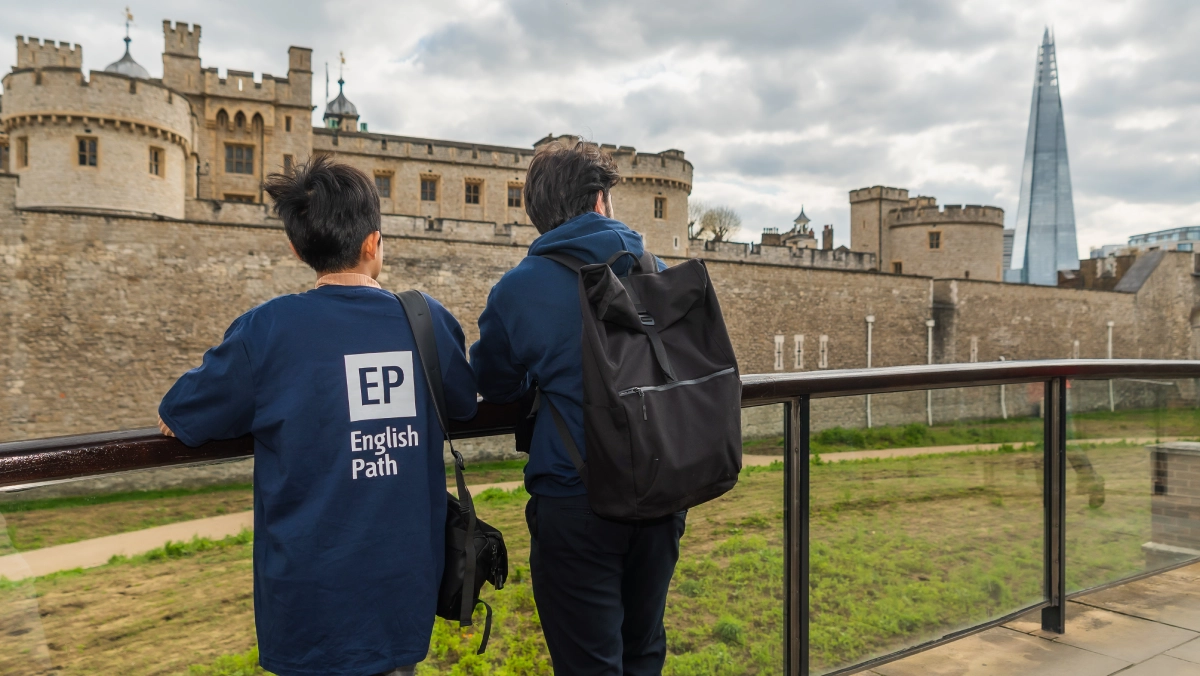Some interesting facts about Europe are:
- It is the second smallest continent in the world.
- There are 50 countries in Europe.
- It is home to the world’s smallest country, Vatican City.
- It is where democracy began in the 6th century BCE.
- Over 200 languages are spoken in Europe.
- The world's largest art collection is on display at the Louvre Museum in Paris, France.



